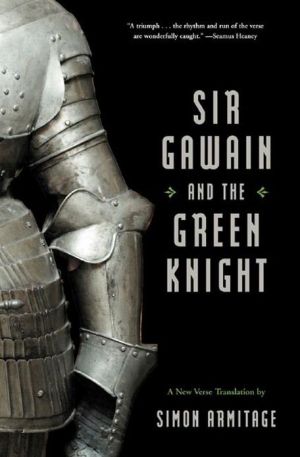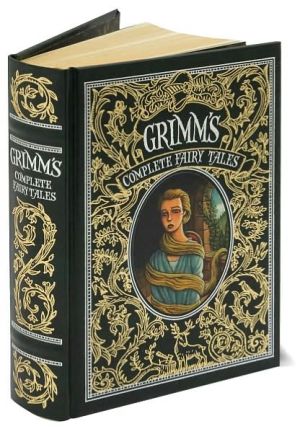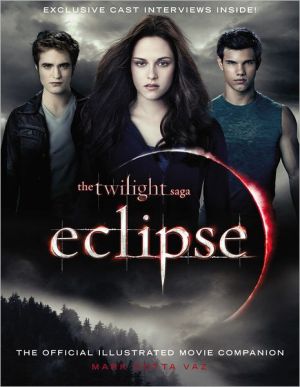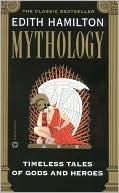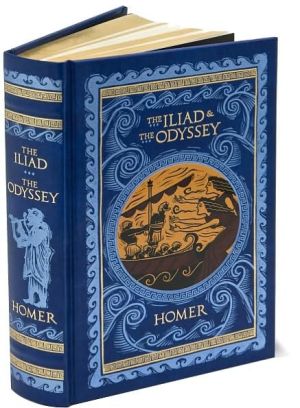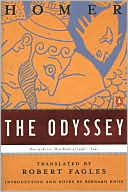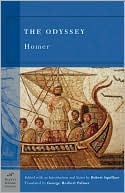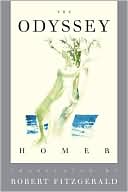Sir Gawain and the Green Knight: A New Verse Translation
"Promises to drive the green force of the old poem through the Armitage fuse and set it a-buddin' and a-bloomin' for the new millennium."—Seamus Heaney, Nobel Laureate, best-selling translator of Beowulf\ Com posed in the late fourteenth century by an anonymous author in the English provinces, this remarkable epic has enchanted readers for generations. The work itself is an unparalleled masterpiece of alliteration and rhyme, beginning at Christmastime in Camelot, when the festivities of the...
Search in google:
A spellbinding poetic translation of this six hundred year-old Arthurian story of beheading, romance, and the supernatural. The New York Times - Edward Hirsch Armitage, an English poet from West Yorkshire, clearly feels a special kinship with the Gawain poet. He captures his dialect and his landscape and takes great pains to render the tale's alliterative texture and drive …His vernacular translation isn't literal—sometimes he alliterates different letters, sometimes he foreshortens the number of alliterations in a line, sometimes he changes lines altogether and so forth—but his imitation is rich and various and recreates the gnarled verbal texture of the Middle English original, which is presented in a parallel text…Armitage has given us an energetic, free-flowing, high-spirited version.
\ From Barnes & NobleSir Gawain and the Green Knight, an Arthurian fable penned by an anonymous bard in the early 1400s, remained hidden for most of English history; the sole remaining copy of the manuscript wasn't discovered until Victorian times. Since then, it's become something of a Christmas classic: Written in a distinctive alliterative style that harkens to the earliest forms of English poetry, it meanders through dangerous castles and visits enchanted creatures on quests of honor. The story goes like this: In the middle of Christmas revelry, as everyone's about to eat the roast, an enormous green giant party-crashes Arthur's court. He challenges startled onlookers to a game: Let someone deal a blow to the Green Knight's bare neck, then offer his own bare neck in return, a year hence. Not surprisingly, this invitation gets few takers -- until Arthur's cousin, Gawain, noted for honor, rises. Unfortunately, when he lops off the giant's head, the green beast picks it up and rides out the door, all the while instructing Gawain to come find him next New Year's. Fast-forward: In the waxen light of the following Christmas, Gawain sets out to complete his mission -- and perhaps to meet his doom. In the meantime, he's waylaid by a tempting queen, offered protection by a mysterious lord, and led to his final showdown. It's an unforgettable story, and now it's been lit again with the lamp of keen language. The rich tapestry of sporting, courting, hunting and wooing -- of verbal sparring and physical spearing -- is available anew in an energetic verse translation by noted British poet Simon Armitage. Among the joys of rediscovering Gawain is one this edition offers: the chance to look across the page and feel the violent strife and courtly play roiling beneath the old English. It's hard not to be moved by lines like these, where Gawain takes a swing at the beast's green head: "Let hit doun lightly on the naked, / That the scharp of the schalk schyndered on the bones, / And schrank thrugh the schiyire grece, and scade hit in twynne, / That the bit of the broun stel bot on the ground." Once we've reveled in the rich sounds, we can see that Armitage has parsed them as "(he) sings (the axe) swiftly towards the bare skin. / The cleanness of the strike cleaved the spinal cord / and parted the fat and the flesh so far / that the bright steel blade took a bite from the floor." It's not all so gory as this, but what delicious-sounding gore it is. Equally rich are capturings of deer skinning, winter feasting, and fair ladies. The story that kilters along could be alternative to any Christmas movie -- and it's a tribute to this translation that it seems to demand a wintry day or fireside evening to read the words aloud to family or friends. The tale, with all its verbal jousting, gathers us in. --Tess Taylor\ \ \ \ \ Edward HirschArmitage, an English poet from West Yorkshire, clearly feels a special kinship with the Gawain poet. He captures his dialect and his landscape and takes great pains to render the tale's alliterative texture and drive …His vernacular translation isn't literal—sometimes he alliterates different letters, sometimes he foreshortens the number of alliterations in a line, sometimes he changes lines altogether and so forth—but his imitation is rich and various and recreates the gnarled verbal texture of the Middle English original, which is presented in a parallel text…Armitage has given us an energetic, free-flowing, high-spirited version.\ —The New York Times\ \ \ Publishers WeeklyComposed in medieval England by an unknown poet and set in what were (even then) the old days of King Arthur, the tale of Sir Gawain begins when a magical warrior with green skin and green hair interrupts the Christmas party at Camelot with a bizarre challenge: "If a person here present, within these premises,/ is big or bold or red blooded enough/ to strike me one stroke and be struck in return" in once year's time, says the knight, "I shall give him as a gift this gigantic cleaver." Pure, loyal Sir Gawain accepts the agreement: the adventures that ensue include a boar hunt, a deer hunt, and an extended flirtation with a noble lady, designed to test Sir Gawain's bravery, fidelity and chastity, and to explore-with some supernatural help-the true meaning of virtue. The Gawain-poet, as he is known to scholars, wrote in Middle English (reproduced here); though it is slightly harder to read than Chaucer, the grammar is more or less our own. Armitage (The Shout), one of England's most popular poets, brings an attractive contemporary fluency to the Gawain-poet's accentual, alliterative verse: We hear the knights of Round Table "chatting away charmingly, exchanging views." This is a compelling new version of a classic. (Oct.)\ Copyright 2007 Reed Business Information\ \
